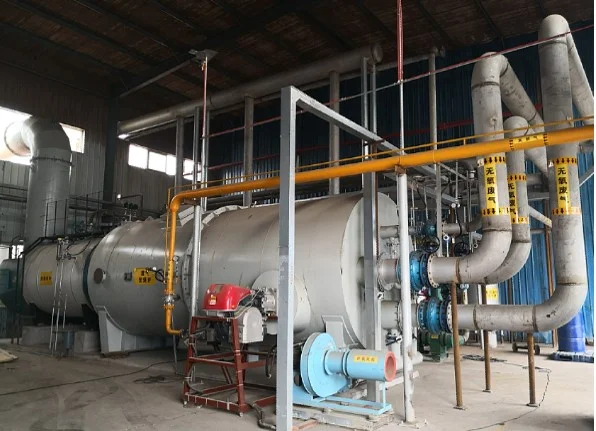Water filters play a crucial role in ensuring the quality and safety of our drinking water. However, many people are unsure about how often they should change their water filters. In this blog post, we will delve into the factors that determine the optimal timeframe for changing your water filter. From understanding the lifespan of different filter types to considering water quality and usage patterns, we will provide you with a comprehensive guide to help you make informed decisions.
- Understanding the Lifespan of Different Filter Types:
Water filters come in various types, including activated carbon filters, reverse osmosis filters, and ceramic filters. Each filter type has a specific lifespan, which depends on factors such as the filter's quality, the water source, and the level of contaminants. It is essential to familiarize yourself with the recommended lifespan of your specific filter type to ensure optimal performance. - Assessing Water Quality:
The quality of your water supply is a crucial factor in determining how often you should change your water filter. If you receive water from a municipal source that undergoes rigorous treatment, your filter may last longer compared to areas with poor water quality or private wells. Regularly testing your water for contaminants and monitoring any changes in taste, odor, or clarity can help you gauge the effectiveness of your filter. - Considering Usage Patterns:
The frequency of filter changes also depends on your household's water consumption. Larger households or those with high water usage may need to replace their filters more frequently. Additionally, certain activities like cooking, gardening, or using water for pets can introduce additional impurities, necessitating more frequent filter changes. Monitoring your water usage patterns and considering any specific activities that may impact water quality will help you determine the ideal replacement schedule. - Manufacturer's Recommendations:
Manufacturers often provide guidelines on when to change their specific water filters. These recommendations are based on extensive testing and research, taking into account the filter's design, materials, and expected performance. It is advisable to follow the manufacturer's instructions to ensure optimal filtration and maintain any warranty coverage. - Regular Maintenance and Filter Monitoring:
Apart from adhering to a specific timeframe, it is essential to regularly maintain and monitor your water filter. This includes cleaning the filter housing, checking for leaks, and inspecting the filter for any signs of wear or clogging. Regular maintenance will help prolong the lifespan of your filter and ensure its continued effectiveness.
Conclusion:
Determining how often you should change your water filter involves considering multiple factors, including the filter type, water quality, usage patterns, manufacturer's recommendations, and regular maintenance. By understanding these key aspects, you can make informed decisions to ensure clean and safe drinking water for you and your family. Remember, regular filter changes are essential for maintaining optimal filtration and safeguarding your health.



More Stories
How to Properly Store Your Outdoor Pop-Up Bubble Tent
Lidi Toys Unveils Innovative Rotary Water Cannon: Explore Its Advantages and Applications!
How to Build a Successful Car Export Business